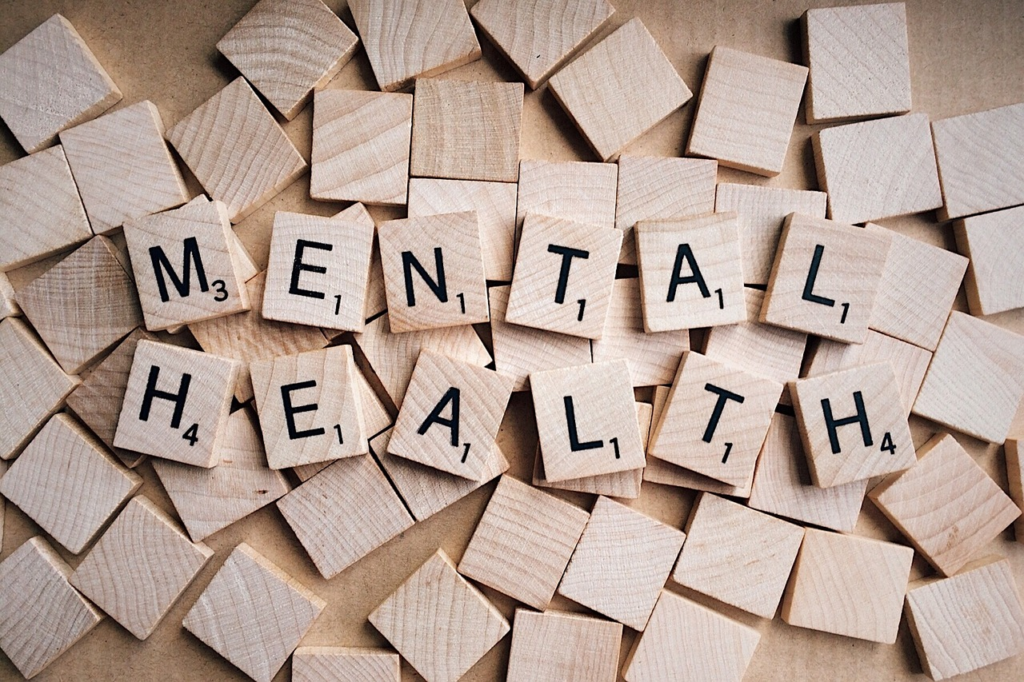Sports present much more than just physical exercise. They give strong instruments for psychological well-being and mental health support. Regular physical activity has major favourable effects on general psychological health, emotional control, and mental performance.
Beyond mere performance, sports have therapeutic advantages that enable people to control stress, develop resilience, and raise general quality of life. Knowing the link between sports and mental health exposes complicated relationships between psychological functioning and physical exercise.
Table of Contents
Stress Reduction and Emotional Management
Sports fans using the 1xbet app download in Bangladesh know how physical exercise aids in emotional control. Exercise produces endorphins, naturally occurring hormones that lower stress and boost mood. Frequent exercise can reduce the main stress hormone, cortisol levels. Regular training helps athletes develop better capacity for emotional control. Sports offer ordered settings for emotional release.
Recreational and competitive sports provide good means of handling difficult emotions. Team sports generate extra social support networks meant to assist in psychological problem management. Physical activity turns into a very effective stress reliever and emotional processing tool. Through regular physical exercise, athletes develop complex mechanisms for controlling emotional experiences.
Depression and Anxiety Management
Participating in sports has great help in controlling anxiety and sadness. Natural chances for mood enhancement are created by physical activity. Regular exercise helps with symptoms of anxiety disorders and clinical depression.
Sports, according to neurological studies, boost the synthesis of neurotransmitters connected to good emotional states. Group sports offer social contacts meant to counteract isolation.
Personal success and self-confidence-building chances abound in individual sports. Expert mental health professionals advise sports as complementary therapy modalities more and more. Sportsmen create coping strategies that help with emotional resilience. Regular physical exercise produces neural changes that increase general mental capacity.
Self-Confidence and Personal Growth
Sports give strong venues for developing self-confidence. Sports provide chances to set and reach personal objectives. Through constant challenges and advancements, athletes acquire growth attitudes. Overcoming mental and physical challenges in training develops psychological strength. Team and single sports establish settings for individual skill development.
Sports achievements boost self-confidence in other spheres of life. Sportsmen pick up valuable lessons in self-improvement, discipline, and tenacity. Achievements in performance offer concrete proof of personal ability. Sports start to be transforming events that change emotional capacity and personal views.
Social Connection and Support Systems
Sports provide strong social interaction venues that advance mental health. Team projects give chances for developing deep connections. Group sports enable people to grow in cooperation and communication. Athletes create support systems outside of competitive settings. Social contacts during sports events support in overcoming isolation.
Common experiences build empathy and emotional support systems. Sporting communities start to be safe environments for social learning and individual expression. Group projects support the growth in interpersonal skills and emotional intelligence. Sporting venues provide important lessons about shared respect and team support.
Psychological Resilience Development
Competitive sports create highly developed psychological resilience systems. Athletes pick up emotional balance-based management of success and setbacks. Sports provide valuable lessons on managing pressure and unanticipated obstacles. Competitive settings offer under-control areas where emotional power can grow. Athletes create mental structures to get beyond challenges and keep good mindsets.
Sporting events provide psychological resilience that applies both in personal and professional spheres. Training and rivalry give chances for emotional development and self-awareness. Sports psychology exposes intricate processes of personal development and mental adaptation.
Cognitive Function and Mental Clarity
Physical exercises greatly increase brain clarity and cognitive ability. Regular sports help to improve brain plasticity and neurological connections.
Exercise supports neuronal health by stimulating synthesis of brain-derived neurotrophic factor. Athletes report better memory, focus, and decision-making skills.
Sports generate settings that test strategic thinking and mental processing. Different sports provide different cognitive abilities and mental processing strategies. Strong links between physical activity and cognitive ability are shown by professional studies. Improvements in mental sharpness go beyond personal sports events.
Trauma Recovery and Emotional Processing
Sports are great instruments for emotional processing and trauma healing. Physical exercise provides methodical means of handling challenging emotional events. Regular training helps athletes to build good coping strategies.
Sports create secure settings for healing and emotional expression. Programmes for therapeutic sports help people overcome psychological difficulties.
Group events assist in restoring social relationships compromised by traumatic events. Expert mental health professionals advise sports as complementary therapy modalities more and more. Sporting settings offer regulated areas for human development and emotional management.
Aging and Long-Term Mental Health
Participating in sports helps mental wellness in many spheres of life. Regular physical exercise supports cognitive ability throughout ageing processes. Over a lifetime, sports provide chances for social interaction and personal growth. Older sportsmen run less danger of cognitive deterioration and mental health issues. Regular physical exercise promotes emotional and neurological wellness.
Sports offer significant activities meant to fight age-related isolation and despair. One of the great ways to keep mental fitness is to be always active. Different sports provide psychological and physical advantages suitable for different ages.






